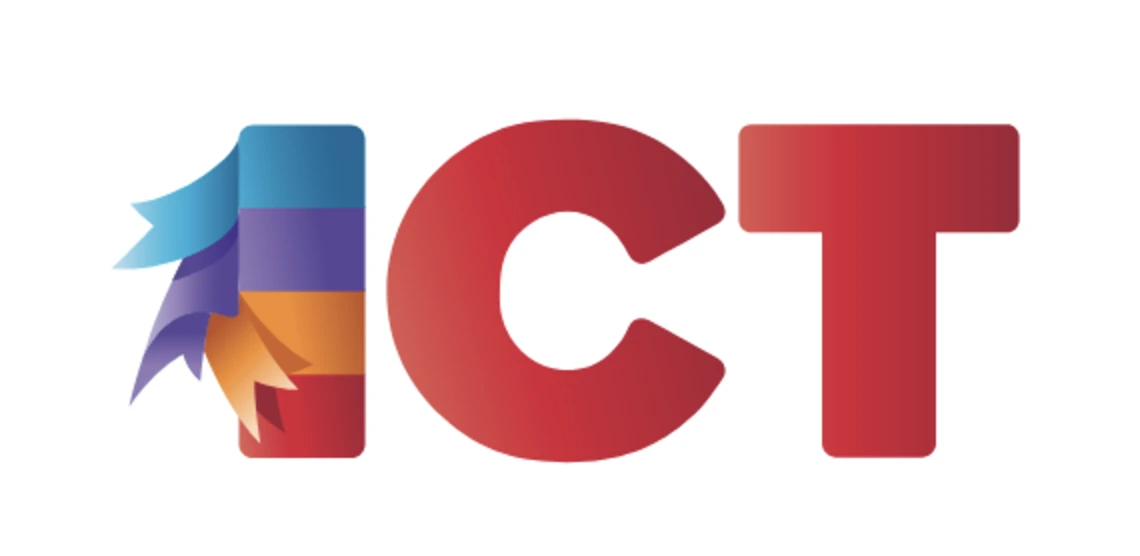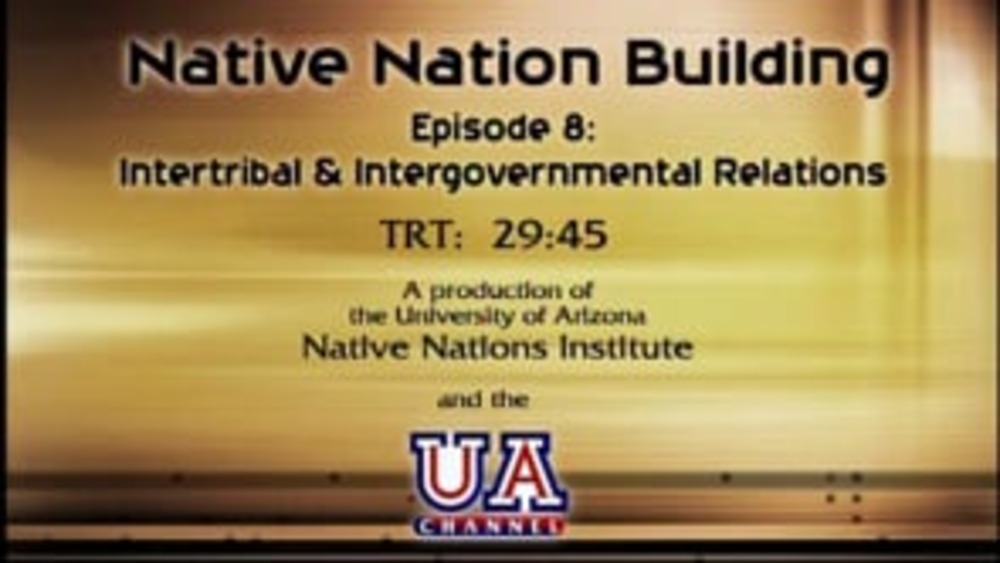The word “nation” is one of those words that gets thrown around haphazardly by academics, laypeople and politicians alike; it has become synonymous with “nation-state” and “state” to describe what we understand today as the global polities we refer to as countries. But there are distinctions to be made, and the reason it’s important is because of the rapidly changing nature of the global political arena in which Indigenous peoples find themselves engaging. Words have the power to create reality, not just reflect it–especially in law–so we must be very clear to say what we mean, and mean what we say...
Additional Information
Gilio-Whitaker, Dina. "How Tribal Nations Need to Be Understood Around the World." Indian Country Today Media Network. October 2, 2013. Opinion. (https://ictnews.org/archive/how-tribal-nations-need-to-be-understood-around-the-world, accessed July 18, 2023)


